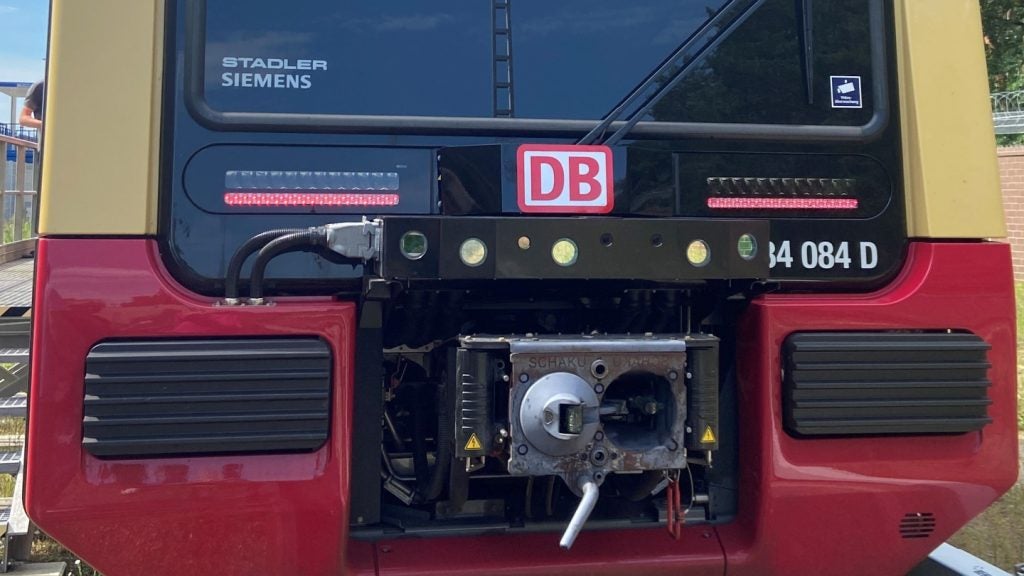Jingye Group, the Chinese steelmaker, has agreed in principle to buy British Steel out of liquidation for £70m. The deal could get through within a few days. Jingye has also sweetened its buyout offer with the promise it can access up to £300m in loans, indemnities and grants as it plans to boost the production by 10%.
News of the deal came after talks between British Steel and Ataer, an investment arm of Turkey’s military pension fund stalled. Ataer fell to third place in the bidding behind steel baron Sanjeev Gupta, who owns the UK-based Liberty House group.
How well do you really know your competitors?
Access the most comprehensive Company Profiles on the market, powered by GlobalData. Save hours of research. Gain competitive edge.

Thank you!
Your download email will arrive shortly
Not ready to buy yet? Download a free sample
We are confident about the unique quality of our Company Profiles. However, we want you to make the most beneficial decision for your business, so we offer a free sample that you can download by submitting the below form
By GlobalDataThe deal is expected to include some degree of state support. It is understood that the UK government will help the buyer in the form of loan guarantees and other financial support.
It is expected that an agreement will be signed, but that the company will continue to be run by the Official Receiver for at least a month before being transferred.
British Steel closure poses threat for Network Rail
British Steel is a strategic player that specialises in making products with various industrial applications, including railway tracks, long products used in construction, and the high-quality steel wire used in car tires, amongst many others.
The ramifications of a no buyout deal for British Steel would have had a significant nationwide knock-on effect hitting suppliers and hurting industries that rely on its products.
Network Rail, which manages the UK’s 20,000 miles of rail tracks, would be one of its victims given it buys up to 97% of the steel used in its track from British Steel. Also, in the event of a collapse, Network Rail would have been forced to switch to European suppliers, which would have driven up its costs.
Network Rail has already made a commitment to a minimum annual order of 100,000 tons and stockpiling steel supplies, resulting in increased orders to support British Steel.
It has also bid to take over British Steel’s rail services business, a division responsible for the welding, finishing and storing of rails for the UK’s train network.
Agreeing on a deal now would help calm nerves among major buyers. Network Rail announced in October 2019 the company was planning on reducing the amount of track purchased from British Steel to guard against the risk of the steelmaker folding.
British Steel is a significant player in the UK steel market as it manufactures a third of UK steel production, mostly from its sites in Scunthorpe, North Lincolnshire.
According to the British steel industry lobby group, should the deal gain approval by the relevant regulatory authorities, it could turn the corner for the entire UK steel industry allowing it to compete globally.











Related Company Profiles
Network Rail Ltd
Liberty House UK Ltd (Inactive)
Jingye group co., ltd.
British Steel Ltd